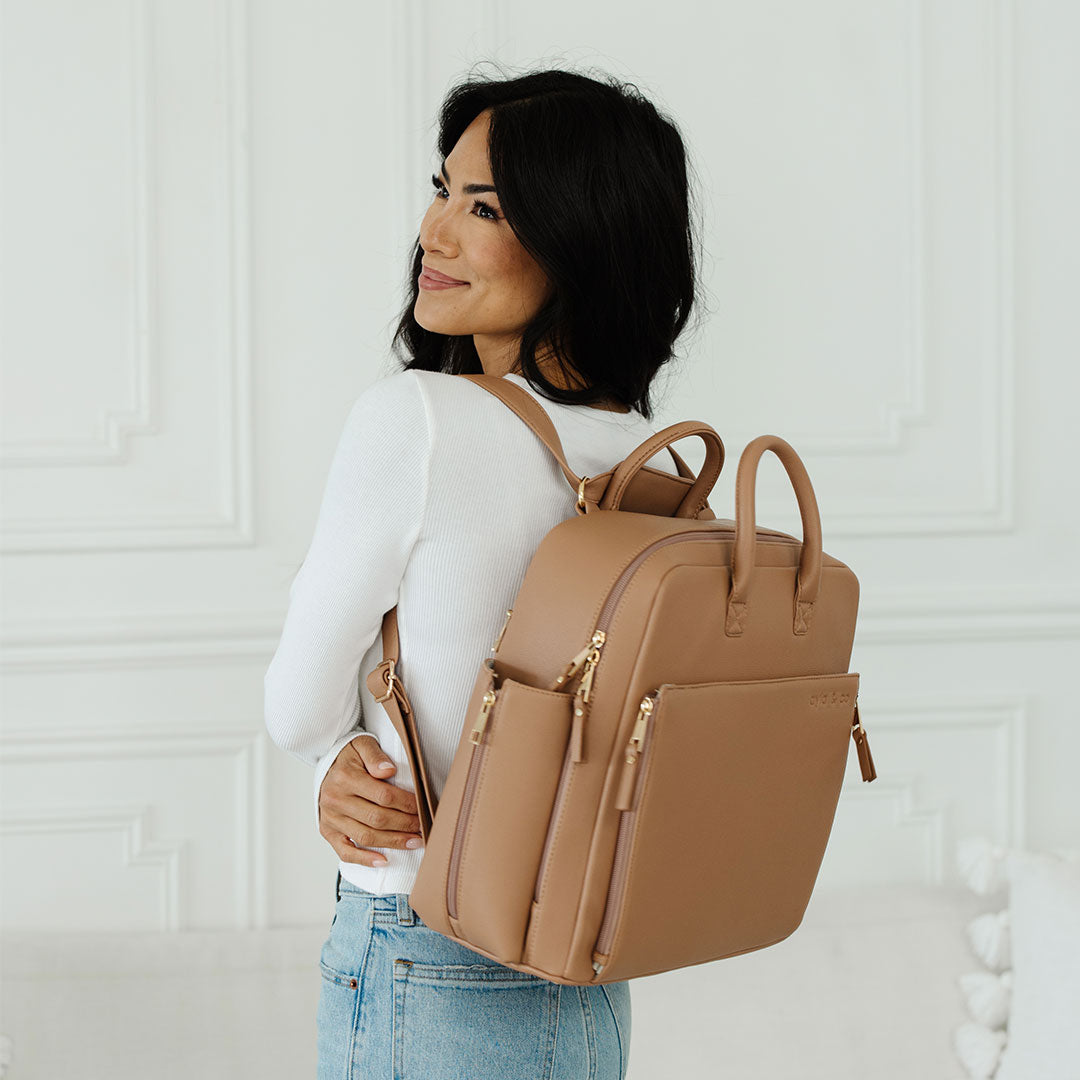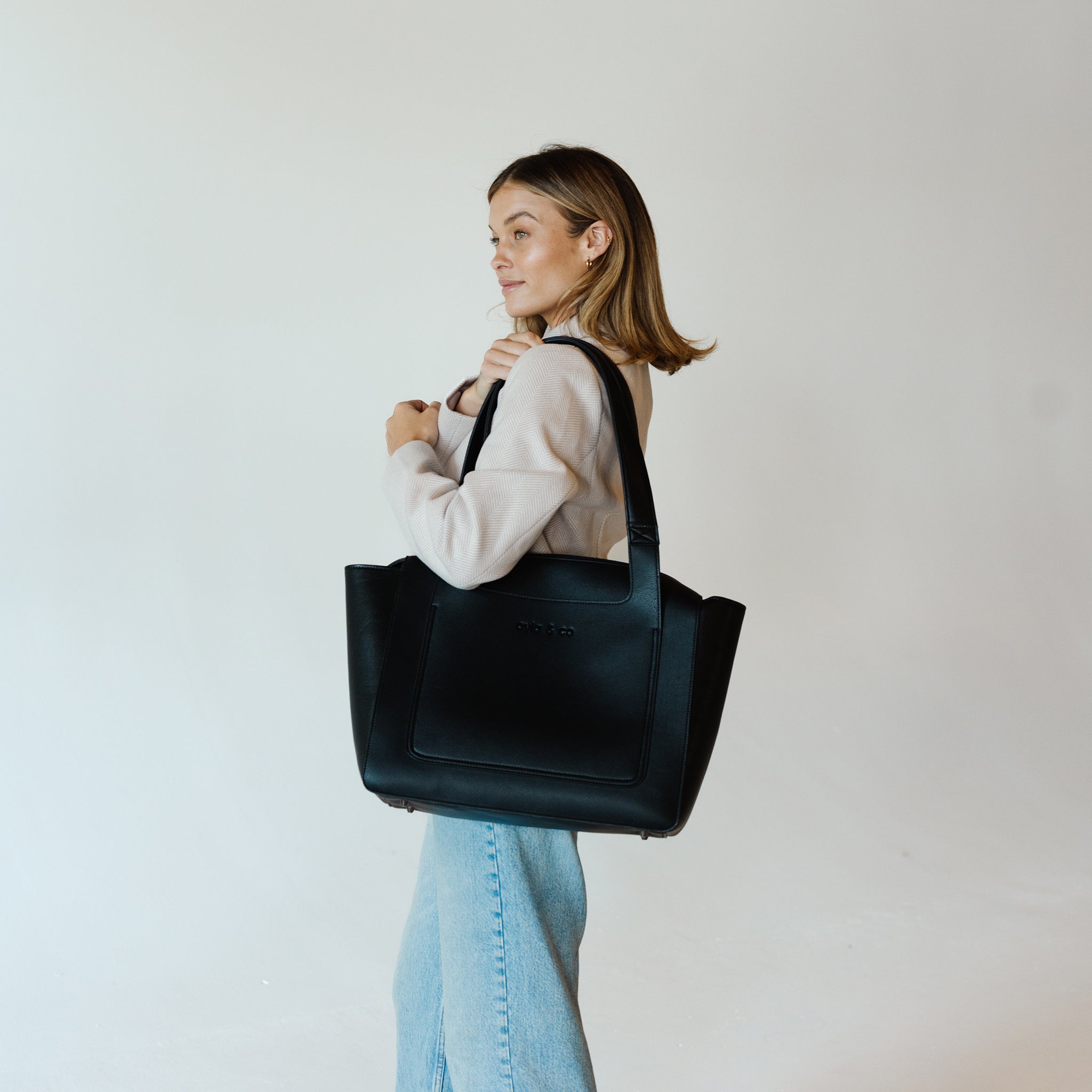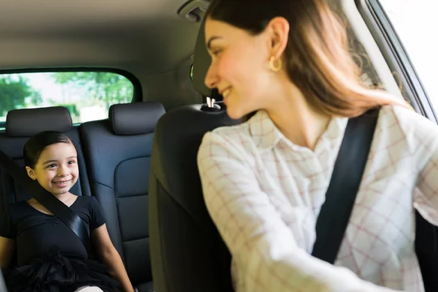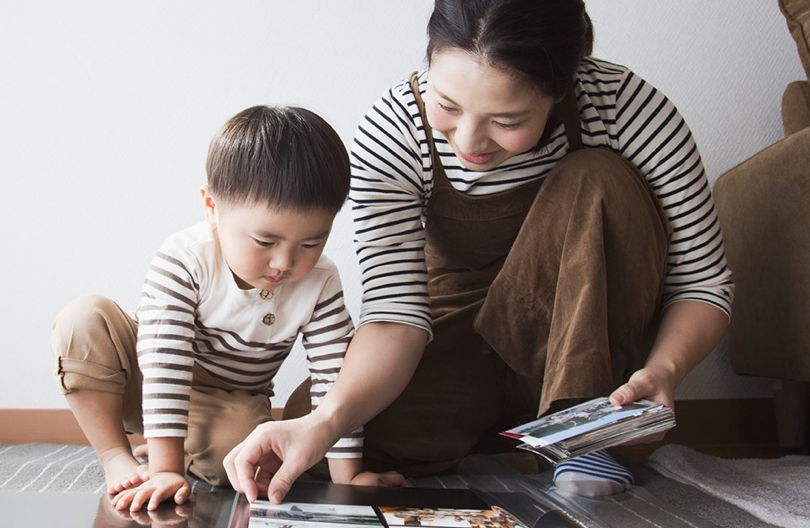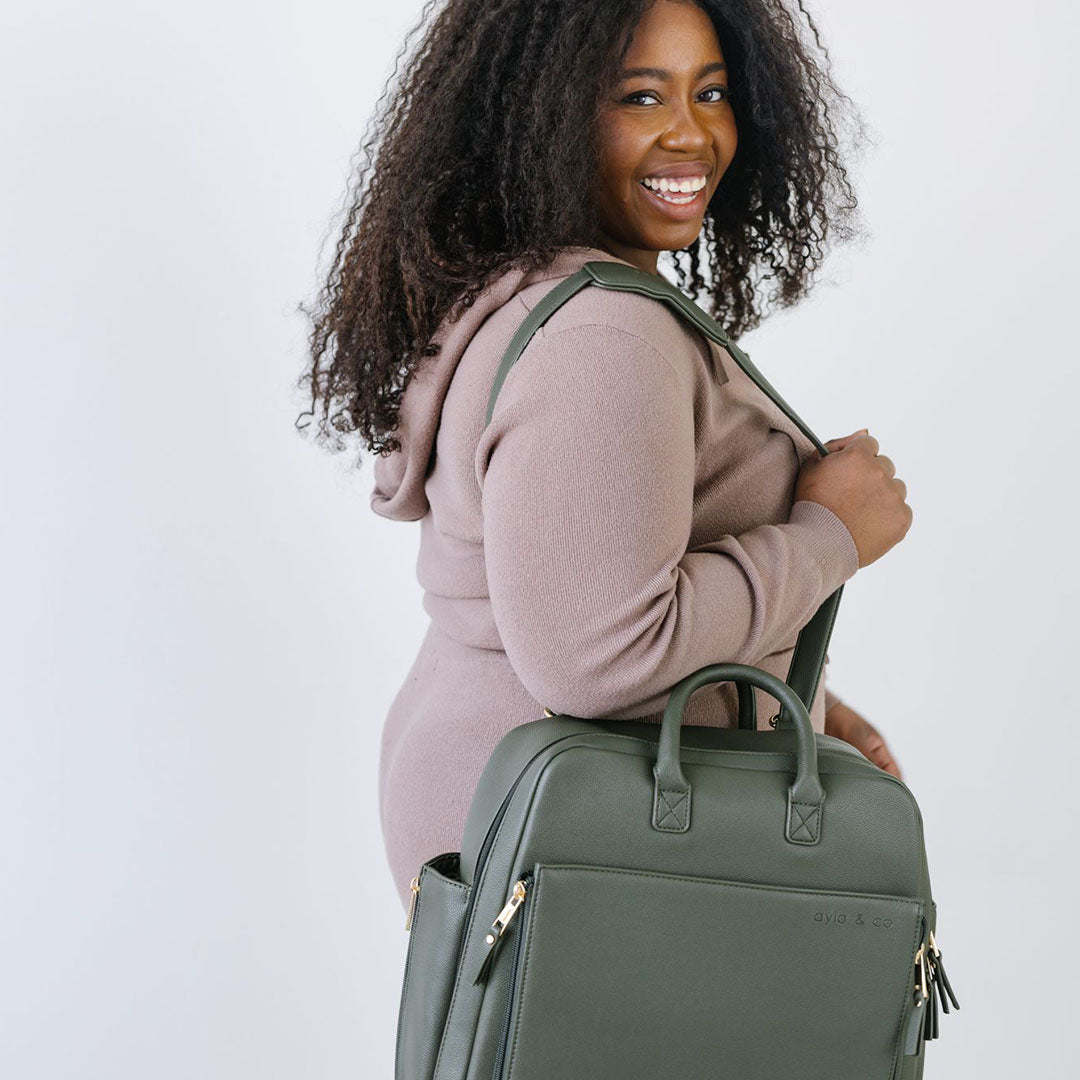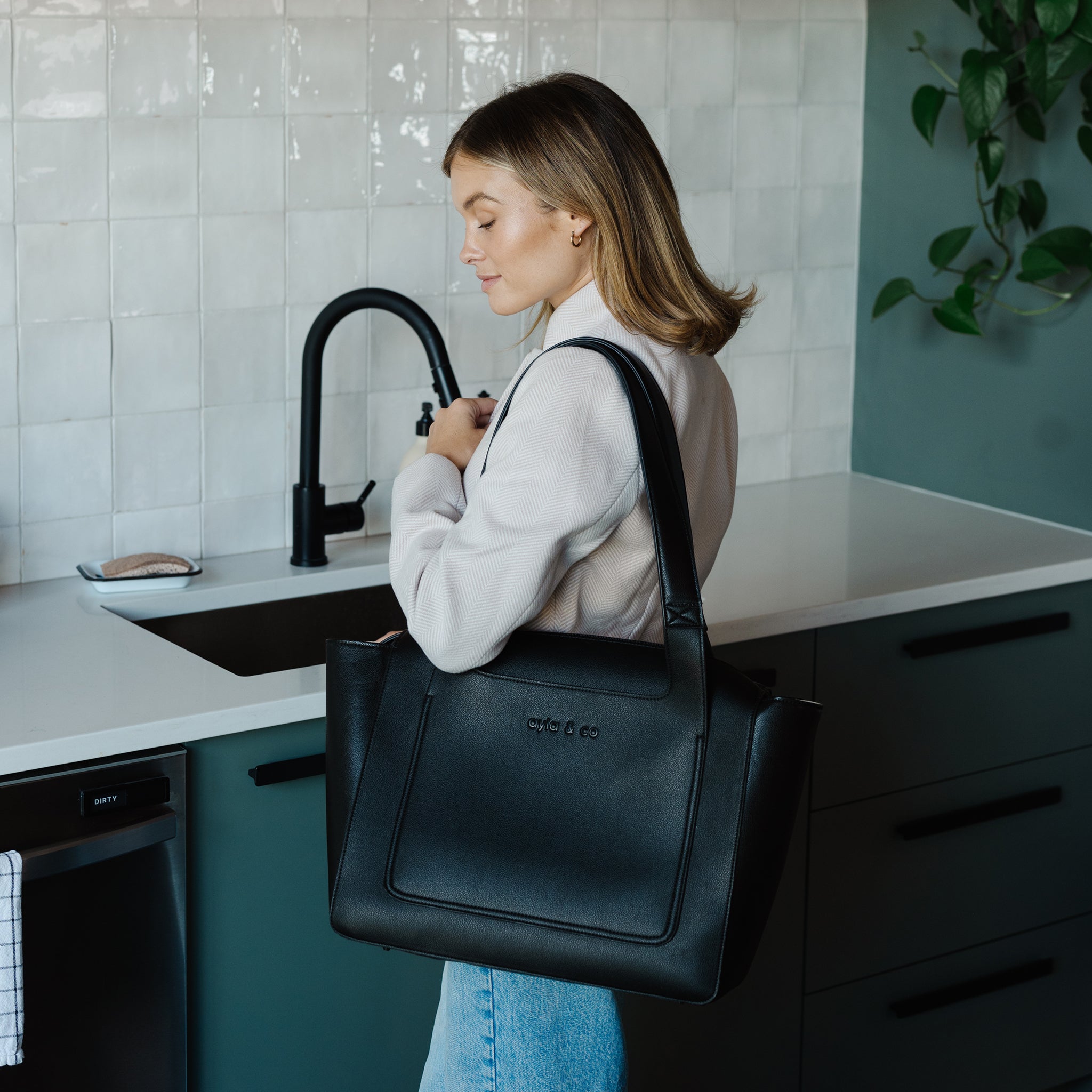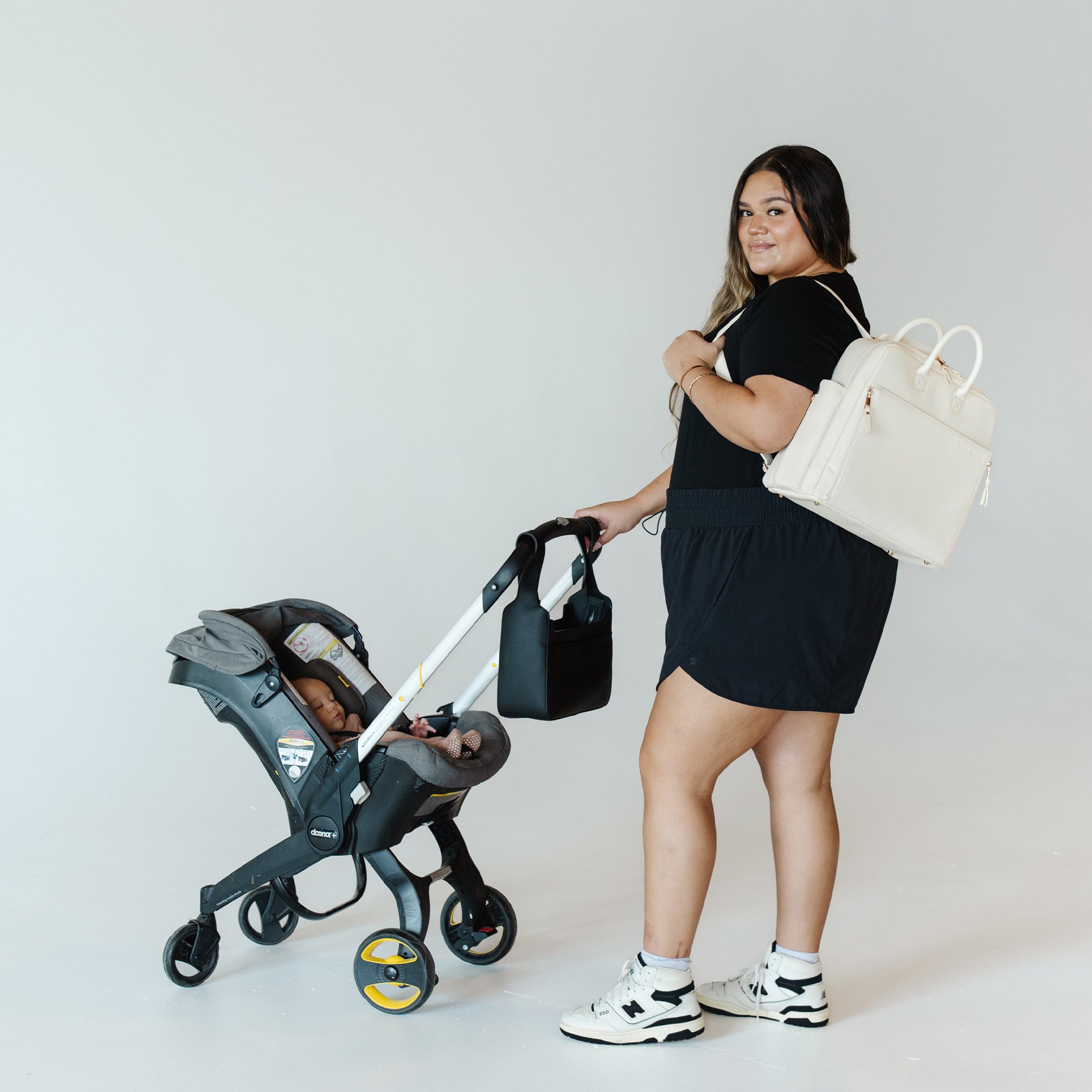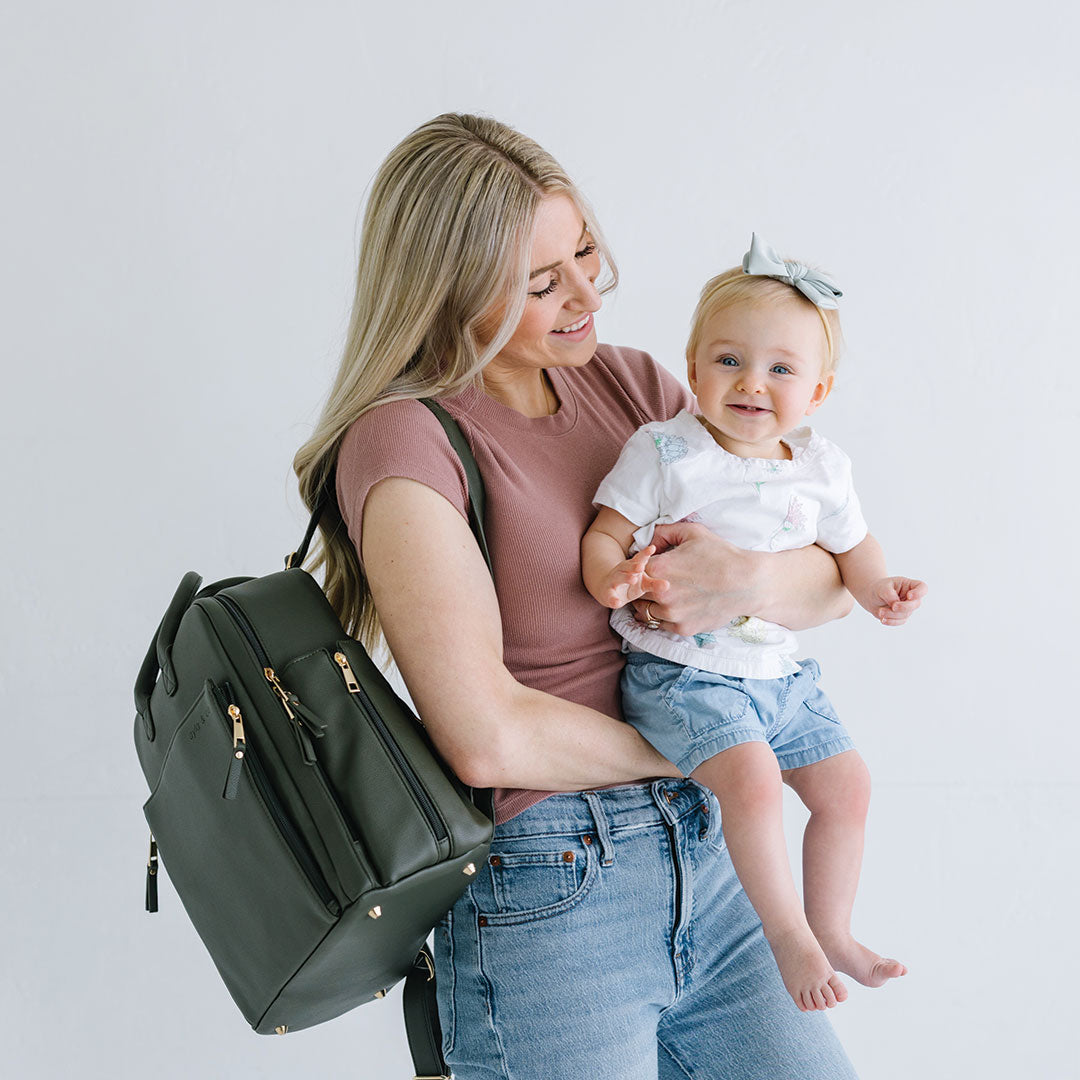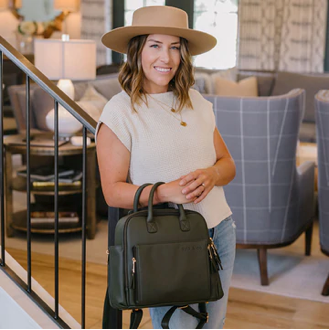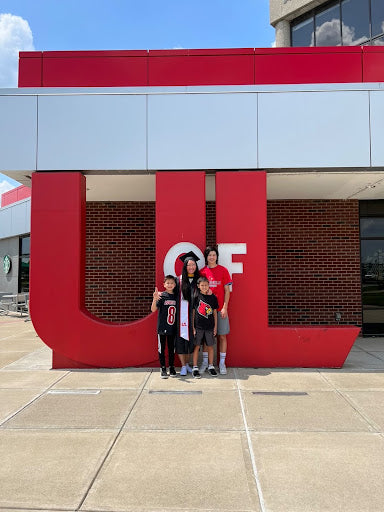
Stories of Perseverance: Michelle Faldmo
Our Story of Perseverance, today, comes from Michelle Faldmo. Michelle was a transracial adoptee from South Korea, and was kind enough to share her experience as a child of adoption.
Mom to: Easton (14), Lleyton (10), Lukas (10).

Do you remember finding out that you were adopted? How old were you when you were adopted? Do you remember anything from your life before being adopted?
I always knew that I was adopted from Seoul, South Korea, there was no definitive time, I just always knew. My mom had a brain tumor and couldn’t have any more children, after my brother. She always wanted a daughter so they adopted me.
My mom would talk about the day they picked me up from the Seattle Airport and how they knew which baby was theirs because each set of parents had given the adoption agency a blanket to wrap each of their Korean babies in. I was bundled up in a pink silk blanket as I was escorted down the escalator, and that was the first time my parents saw me in person (they had received pictures of me months earlier).
I was 15 months old when they got me, and my dad said when they brought me home I clapped in delight after every room I went into. I also wouldn’t sleep in my crib from the beginning, so every night until my big brother left for college, I slept with him in his bed.
Once my plane landed in America, I think I lost most of my Korean identity. My parents did say that I would say ‘omma’ on occasion (which meant mom in Korean). I have no memories of my birth mom or Korea before I was adopted. I often wonder how much I knew being 15 months old. When each of my children turned 15 months old it would hit me how much they did know and understand. It kind of breaks me inside thinking about the trauma I must have experienced being separated from my birth mom, being dropped off in a foreign land and hearing a different language.

Did you ever go through a phase of feeling upset that you were adopted?
Growing up I didn’t ever have a phase where I felt upset about being adopted. I think it was more being upset about feeling different than everyone else. I was just like every other white friend I had (I grew up in a predominantly white town) but when I looked in the mirror I was Korean. I only saw white people in my family. I didn’t get to see a lot of positive things about being Korean in my day-to-day life at home or at school. I would cringe at kids pulling their eyes back at me and calling me names. If I told my parents they couldn’t completely understand. They weren’t Korean and had never experienced it, but they did their best at helping me.

Briefly describe your experience going back to Korea. What was it like for you?
I think transracial adoptees (adoptees who are a different race than their adoptive parents) go through different phases of being adopted. I wasn’t much into connecting with my Korean side growing up but after I had my first son I wanted to know more. He was the first person, I knew, to ever look like me and be biologically related. It got me intrigued about where I came from. I got involved with a Korean adoptee group and was able to go to Korea for the first time in 2013, to a Korean adoptee conference. Hundreds of other Korean adoptees who grew up in the US, Europe, and Australia attended. I had never felt more seen and heard in my whole life. They all just got me. I connected with so many people. They understood what it was like to be raised by white parents and in predominantly white communities. They understood what it was like when someone says: “Do you know who your REAL parents are?” To me, and other transracial adoptees, our real parents are our adopted parents. Many transracial adoptees were doing birth family searches as well and had found family. Some of them had recently formed relationships with their birth moms. Some were still secrets their birth moms had kept from their families, so now they couldn’t meet them. Another problem encountered with finding birth family is the language barrier, because most adoptees do not know Korean.
Going back to Korea there were the smells, the food, the people and they were amazingly familiar to me. I loved Korea my first time and have since visited a few more times, most recently with my oldest son. The thing about being a Korean transracial adoptee though is that it is hard to completely fit in. It is difficult to fit in where you grew up and it is difficult to fit in where you were born. In Korea, the Koreans speak to you in Korean and you just appear a little dumb, not knowing the language and not completely understanding the culture and customs. Then you go back to the small town you grew up in, and you don’t 100% fit in there either because you don’t look like your family or friends.

What advice would you give to adoptive parents in a similar situation?
Transracial adoptees have a unique life experience. Specifically, if you are white and adopt a child from an Asian country, please don’t let your first Asian friend be your child (harsh I know). Learn about where your children came from and share that with your child and make your child feel positive about the country they came from. Learn how to do your adopted child’s natural type of hair and makeup. Listen to other adoptees' lived experiences. Back in the 80’s, when there was a huge influx of Korean babies being adopted into America, the adoption agencies were teaching the parents not to make your child feel any different. I would say, personally, this wasn’t the best advice. Recognizing and celebrating your child’s differences is something very important. Talk about where your child came from. Have magazines with pictures that include people who look like your child. Read books about children of the same race as your adopted child. Watch movies with people that look like them in the movie and even get dolls that look like them. Seeing someone that looks like them is so important for a transracial adoptee because they don’t get to go home and see that in their parents. There are adoptee camps offered for adopted children where they can make friends who understand them, and some of them are led by adult adoptees.

What advice would you give to someone else who has been adopted?
Every time I see a little Asian kid with their parents I want to go up to them and hug them. I want to let them know I get what it’s like growing up adopted and not looking like your parents or feeling like they don’t fit in. I also hope deep down in my heart that they love themselves, and feel loved. I also hope one day they will have the desire to know more about their story and where they came from before they were adopted.
What has this experience taught you about resilience?
In a study adoptees have a 4 times greater attempt at suicide than non adoptees. Adoption can leave underlying trauma a child doesn’t always completely understand and this trauma might express itself in ways that don’t make sense. I wouldn’t say being separated from a birth family is a natural thing.
Now that I am an adult and looking back I see how much self hate I had as a child from being transracially adopted. It took until my 20’s but now I am proud of it. I love where I came from. I wouldn’t want it any other way. Being adopted opened my mind to things I wouldn’t have understood unless I had experienced it.
What is something you wish others understood about being adopted?
There was a time when I was in elementary school I told a neighbor girl, I was playing with, I was adopted. She then said she had to go home and never played with me again. I kind of giggle at that, wondering what she must’ve thought being adopted meant.
Adoption is nothing to be ashamed of. It is a way some families are formed. But as I stated earlier, to adoptees our real parents are our adopted parents.

Update on you:
I am grateful for the life I’ve been given and my parents who raised me. They provided me with a beautiful life growing up.
I was able to do a birth family search in 2013 and found out that my birth mother had passed away in October of 2011. I had missed meeting her by two years. I also found she was 17 and unwed when she had me and had tried to raise me until I was one year old. In Korea, it is super shameful to be an unwed mother. It goes with you wherever you go. It prevents single mothers from life experiences and prevents them from getting jobs, getting into college, and getting married, because it is on their legal records. It is also shameful for the whole family. My birth mother really had no choice but to have her mother take her to the orphanage and have me adopted. I can’t imagine the pain and courage it took to do something like that. I am forever grateful to her for giving me life. Although, if it is at all possible a child should stay with their birth family. And if not, adoption is the next most beautiful thing you can give to a child.
The experiences I had being transracially adopted has made me who I am today. I also love helping my children learn more about where I came from. My boys are all embracing their Korean sides and some of their favorite food is Kimchi. I am currently waiting for DNA test results from the Korean police station in hopes of finding my birth dad and a sibling. I’d be lying if I said I didn’t sometimes yearn for closeness with my birth family.
I love my parents and I see them every week. There is no love like a parent’s love whether it be those who adopted you or those who gave you life.

